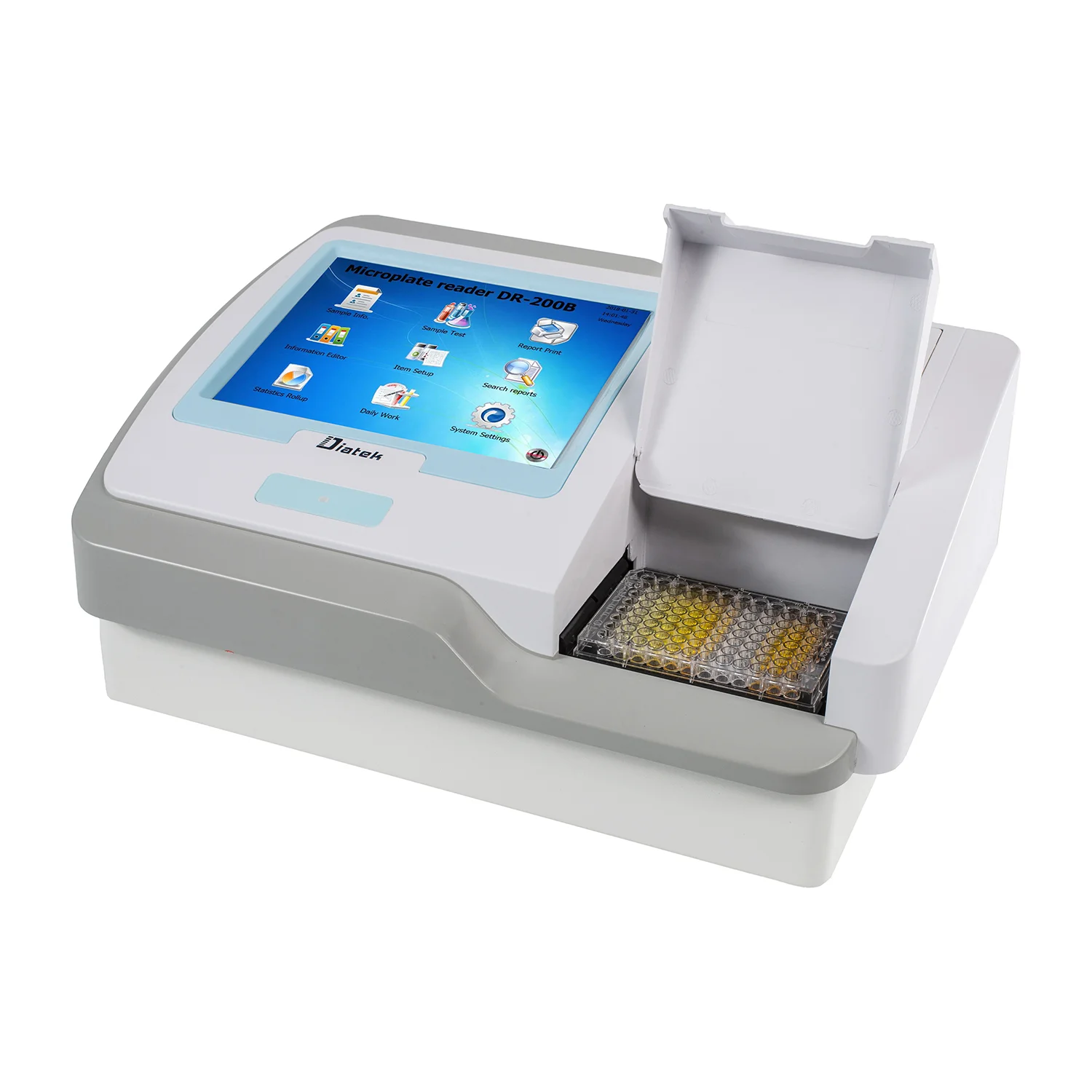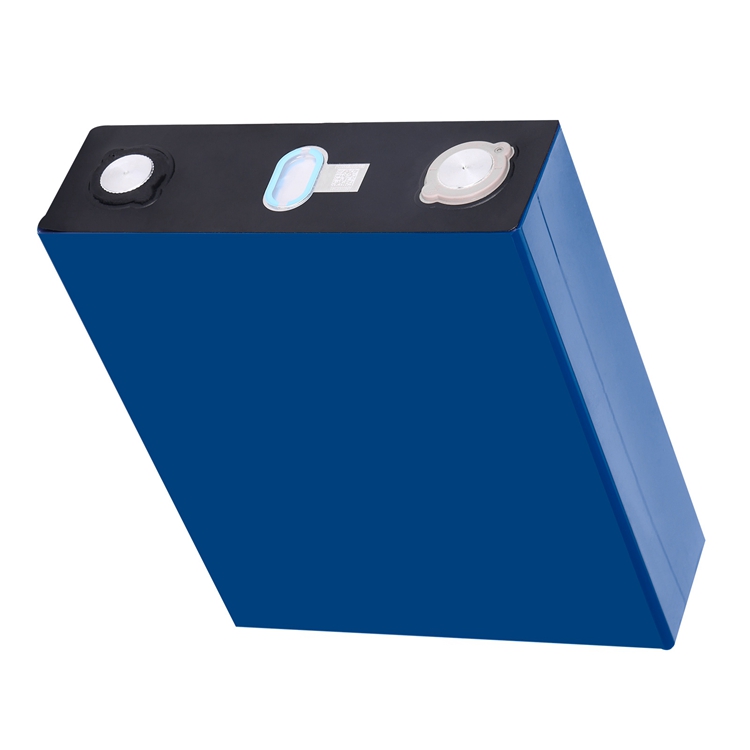In the rapidly evolving world of clinical diagnostics, immunology analyzers have become essential tools in hospitals, research laboratories, blood banks, and disease control centers. These precision instruments play a critical role in detecting and monitoring various diseases by analyzing immune system responses. With the rise of automation and digital integration, modern immunology analyzers have significantly improved diagnostic speed, reliability, and accuracy.
As a global provider of IVD (In Vitro Diagnostic) devices and related software, Diatek is at the forefront of this transformation. Specializing in the development and manufacturing of ELISA microplate readers and ELISA microplate washers, Diatek’s instruments are trusted by healthcare and research institutions worldwide to deliver accurate, consistent results across a range of immunoassay applications.
This article explores what an immunology analyzer is, how it works, and how it enhances the accuracy and efficiency of disease detection.

What Is an Immunology Analyzer?
An immunology analyzer is a laboratory instrument designed to measure the concentration of specific proteins, antibodies, antigens, and other biomarkers in blood or other biological samples. These systems are typically used to perform immunoassays, such as ELISA (Enzyme-Linked Immunosorbent Assay), which are highly sensitive and specific methods for detecting disease-related substances.
Immunology analyzers are commonly used for:
-
Infectious disease screening (e.g., HIV, Hepatitis B/C)
-
Hormonal level testing (e.g., TSH, insulin)
-
Autoimmune disorder detection (e.g., rheumatoid factor)
-
Allergy diagnostics
-
Tumor marker analysis
Diatek’s ELISA microplate readers and washers are essential components of such workflows, helping labs carry out high-throughput and precise immunoassay procedures.
How Does an Immunology Analyzer Work?
-
Sample Preparation:
Biological samples such as serum or plasma are prepared and added to microplates pre-coated with specific antigens or antibodies. -
Binding Reaction:
The target analyte (e.g., an antibody or antigen) binds to the reagent in the plate, forming a complex. -
Enzyme Reaction:
A labeled enzyme binds to the complex and reacts with a substrate to produce a measurable signal—typically a color change. -
Measurement & Analysis:
Instruments like Diatek’s ELISA microplate reader detect this signal, often in the form of optical density (OD), and convert it into quantitative or qualitative results. -
Plate Washing:
Between steps, Diatek’s microplate washer ensures that excess unbound reagents are thoroughly removed, preventing false positives or inaccurate readings.
How Immunology Analyzers Improve Diagnostic Accuracy
✅ High Sensitivity and Specificity
Immunology analyzers can detect minute quantities of analytes with extreme accuracy, making them suitable for early-stage disease diagnosis when intervention is most effective.
✅ Automation Reduces Human Error
Manual processes are prone to pipetting errors or inconsistent wash cycles. Automated analyzers like those from Diatek reduce variability and ensure reproducibility across batches and users.
✅ Standardized Results
With integrated calibration curves, reference ranges, and digital result output, immunology analyzers ensure consistent, standardized test results, especially in high-volume testing labs.
✅ Efficient Throughput
Modern ELISA systems can process dozens of samples simultaneously, making them ideal for large-scale screening in hospitals, disease control centers, and blood banks.
✅ Data Management Integration
Diatek’s devices often include or support LIS (Laboratory Information System) integration, allowing seamless data transfer, record keeping, and regulatory compliance.
Diatek: Advancing Immunodiagnostics Worldwide
With a commitment to innovation and precision, Diatek designs its ELISA microplate readers and washers to meet the real-world needs of clinical laboratories. Whether used in a hospital, CDC, research lab, veterinary clinic, or blood bank, Diatek’s instruments are engineered for:
-
User-friendly operation
-
High-speed processing
-
Reliable and reproducible results
-
Easy integration with laboratory software
Serving clients across more than 40 countries, Diatek is a trusted partner for labs that demand performance, reliability, and technical support.
Conclusion
An immunology analyzer is more than just a lab tool—it’s a vital component in the global healthcare ecosystem. By enabling fast, accurate, and scalable diagnostics, it supports timely treatment decisions and public health responses.
Whether you're a lab manager, technician, or healthcare professional, choosing the right equipment—like Diatek’s ELISA microplate readers and washers—ensures your testing is accurate, efficient, and aligned with international diagnostic standards.
www.hiwelldiatek.com
Wuxi Huawei Diatek Instrument Co., Ltd.


